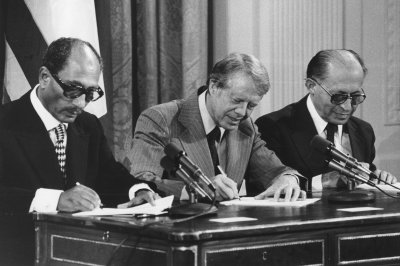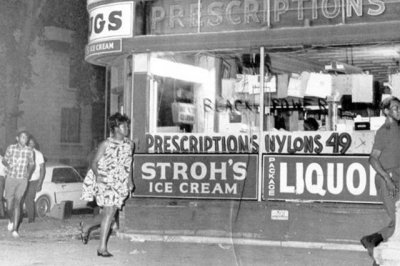Topic: David Souter
Quotes
Though some textual arguments point another way, it makes more sense to suspect that Congress meant to require notice and prompt a consumer challenge only when the consumer would gain something if the challenge succeeded
Court backs insurers on credit reporting Jun 04, 2007
Because the plaintiffs here have not nudged their claims across the line from conceivable to plausible, their complaint must be dismissed
U.S. Supreme Court sides with Baby Bells May 21, 2007
The question was whether he was creating a substantial ris
Supreme Court hears police chase case Feb 27, 2007
Harbury's complaint did not come even close to stating a constitutional claim for denial of access which could be granted. While we cannot read it without appreciating Harbury's anguish, neither can we read it without appreciating the position of the district judge (who ruled against her and) who described Harbury's requests for relief as 'nearly unintelligible.
Court rules against Harbury Jun 20, 2002
I believe that reading the statute so broadly saddles employers with a burden unintended by Congress
Court rules for IRS on tips audits Jun 17, 2002
David Hackett Souter ( /ˈsuːtər/; born September 17, 1939) served as an Associate Justice of the Supreme Court of the United States from 1990 until his retirement on June 29, 2009. Appointed by President George H. W. Bush to fill the seat vacated by William J. Brennan, Jr., Souter was the only Justice with extensive prior court experience outside of a federal appeals court, having served as a prosecutor, a state's attorney general, and as a judge on state trial and appellate courts. Souter sat on both the Rehnquist and Roberts courts, and came to vote reliably with the courts' liberal members. Following Souter's retirement announcement, President Barack Obama nominated Sonia Sotomayor as his successor.
Souter was born in Melrose, Massachusetts, on September 17, 1939, the only child of Joseph Alexander Souter (1904–1976) and Helen Adams Hackett Souter (1907–1995). At age 11, he moved with his family to their farm in Weare, New Hampshire.
Souter attended Concord High School in New Hampshire and went on to Harvard College, concentrating in philosophy and writing a senior thesis on the legal positivism of Supreme Court Justice Oliver Wendell Holmes, Jr. In 1961, he graduated from Harvard magna cum laude as a member of Phi Beta Kappa. He was selected as a Rhodes Scholar and earned an M.A. from Magdalen College, Oxford, in 1963. He then entered Harvard Law School, graduating in 1966.
It uses material from the Wikipedia article "David Souter."














